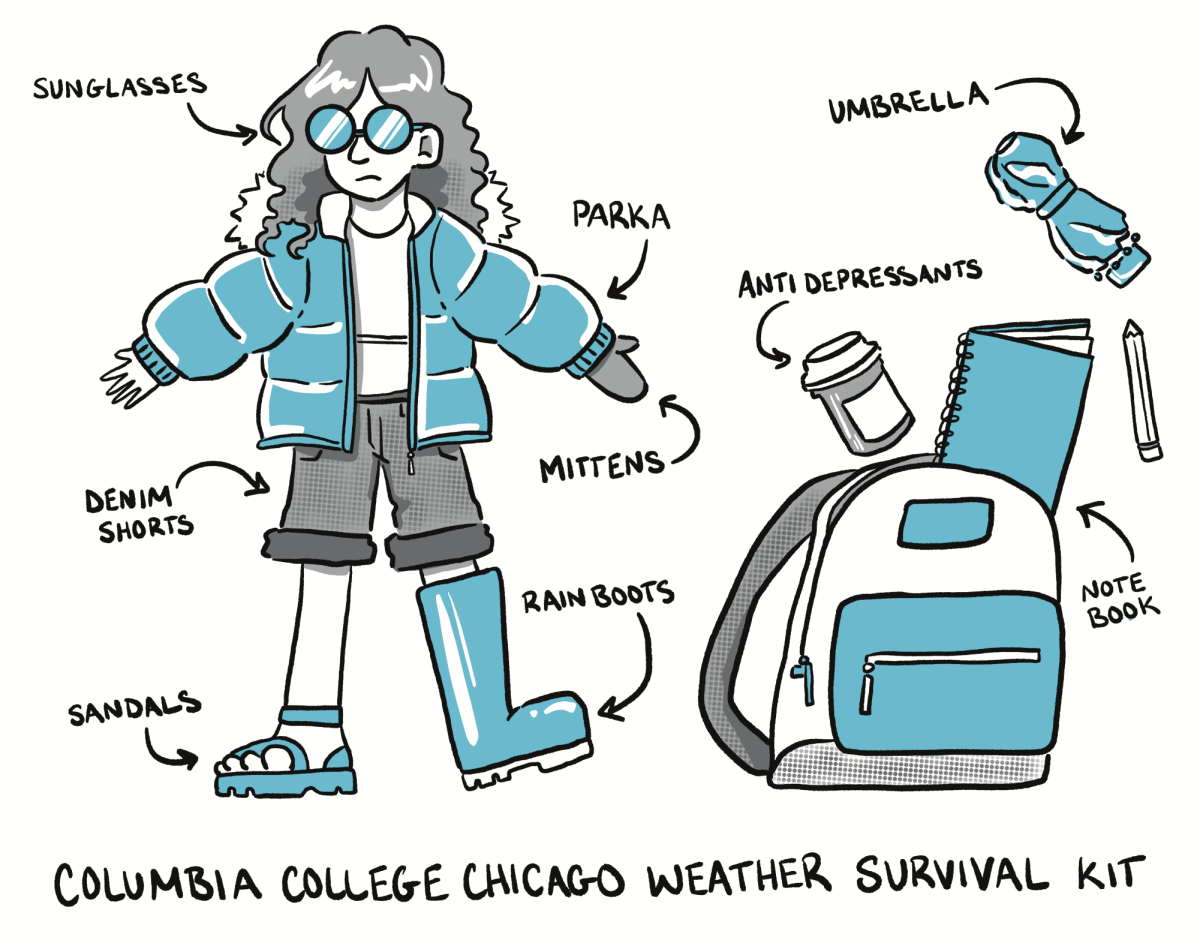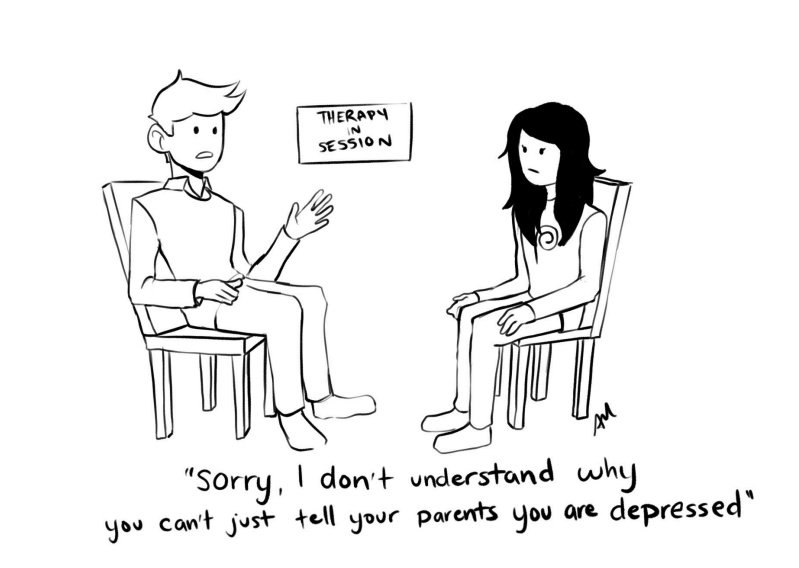MENTAL HEALTH ISSUE
Climate change is no longer a distant threat lurking on the horizon; it’s a reality we face every day, especially here in Chicago. The Windy City’s weather has always been notoriously unpredictable, but in recent years, it seems like Mother Nature is playing tricks on us more than ever before.
Climate change is not just about rising temperatures or extreme weather events. It’s about the profound disruptions it inflicts on our environment, economy and daily lives. Take the recent extreme cold spells that have gripped the city. Not only are these frigid temperatures uncomfortable, but they also pose significant challenges for commuters. Metra and CTA trains have faced delays and stoppages due to switching problems caused by the cold, leaving many stranded and frustrated.
The unpredictability of the weather adds an extra layer of anxiety to our already stressful lives. For instance, when erratic weather disrupts public transportation systems, it directly affects students who rely on these services and can’t afford alternatives like Uber, leading to added financial stress.
Here is one example of the change in the weather. In Chicago, measured at the weather station at Midway International Airport, the high temperature for the month of April was 81 degrees on April 18. A year ago, the month of April had a string of even hotter days from April 12 to April 15. Compare that to a decade ago, when temperatures barely hit 70 in April 2013.
Financial struggles worsen existing issues, particularly for marginalized students, as revealed by a recent survey conducted at Columbia. The data paints a distressing picture, with a staggering 62% of students reported having to scale back on food expenditures due to financial constraints, while 37% had to reduce spending on healthcare. These statistics show the harsh reality that financial instability not only compromises physical health, but also adds a toll on mental well-being, fueling stress, anxiety and depression among students.
Moreover, erratic weather patterns add another layer of complexity to the already daunting challenge of finances. Students find themselves in a cycle of needing to dress appropriately for fluctuating weather conditions, requiring constant purchasing or switching of clothing items to keep up the pace. This continuous demand for wardrobe adjustments adds to the already burdensome financial stressors faced by marginalized individuals.
To address these pressing issues, Columbia must take steps to prioritize mental health support and resilience-building initiatives.
This includes investing in accessible and affordable mental health services for students and staff. This could involve expanding counseling services, establishing support groups and providing training for faculty and staff to recognize and address mental health concerns among students. It can include integrating climate change awareness and coping strategies into the college curriculum, which can significantly contribute to building resilience among students.
This can be achieved by incorporating interdisciplinary courses that explore the psychological impacts of climate change, strategies for coping with eco-anxiety and sustainable practices. By equipping students with the knowledge and skills to understand and address the challenges posed by climate change, the college can empower students and faculty to take proactive steps towards sustainability and adaptability.
The intersection of mental health and climate change is a pressing issue that demands urgent attention, particularly for college students at Columbia. As we confront the realities of erratic weather patterns and environmental upheaval, it’s imperative that we acknowledge the impact of these factors on mental health and take proactive steps to address them.
By prioritizing support for marginalized communities, investing in accessible healthcare resources and promoting climate resilience, Columbia can lead the way in fostering a campus environment that prioritizes both the well-being of its students and the health of the planet.
Copy edited by Contributor Kaitlyn Mahan and Vanessa Orozco


















